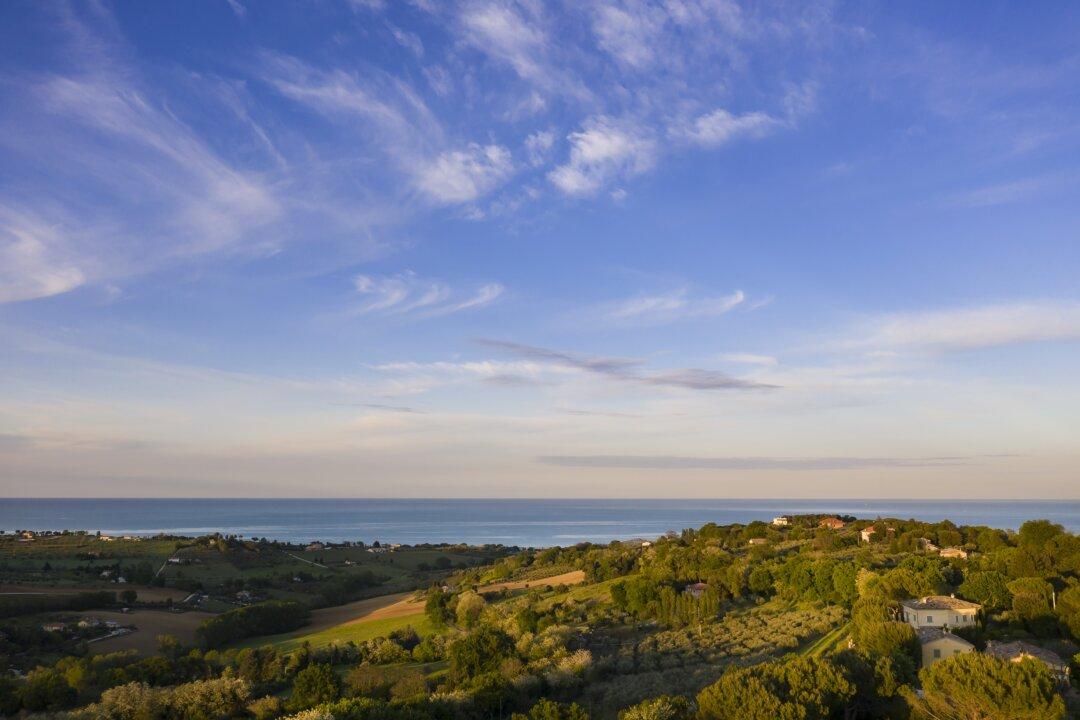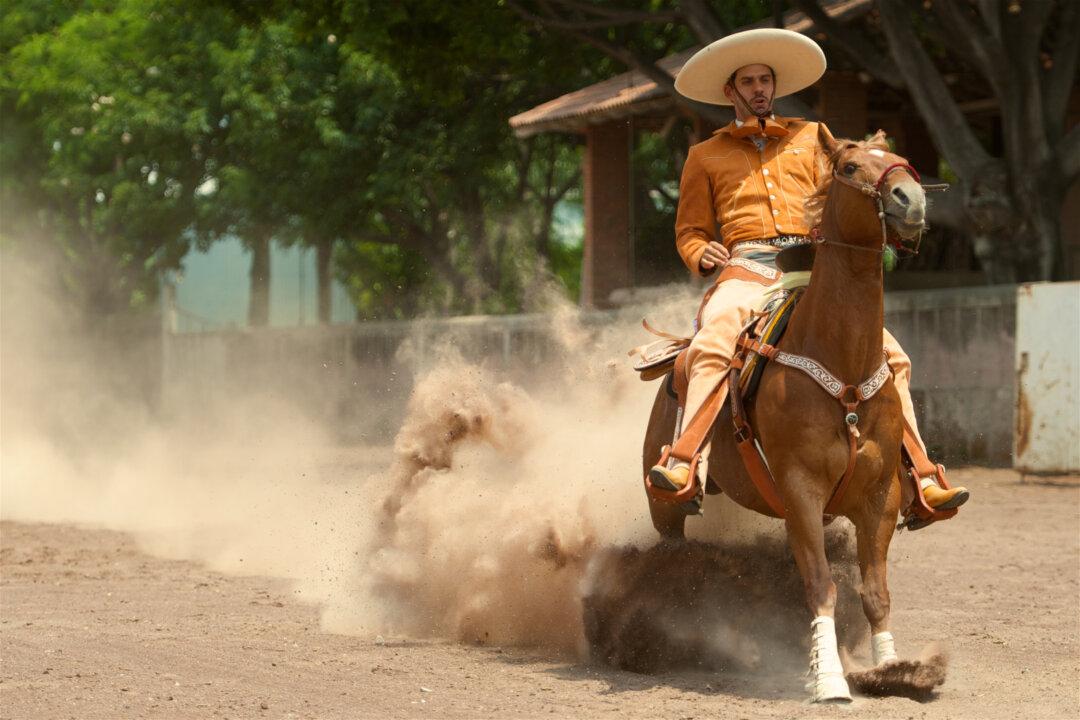MONTELPARO, Italy—The view from the southbound train from Ancona, Italy, threw me for a loop. I’d come to hike, but gazed upon breezy palm trees and seaside boardwalks along water so turquoise it seemed tropical, not Italian.
Though easily accessible by plane, train, and car, the sparsely populated region of Le Marche stays well below the radar of mainstream tourism. The best way to take in Italy’s rich cultural heritage without the crowds or inflated price tags is by exploring the gem for yourself.





